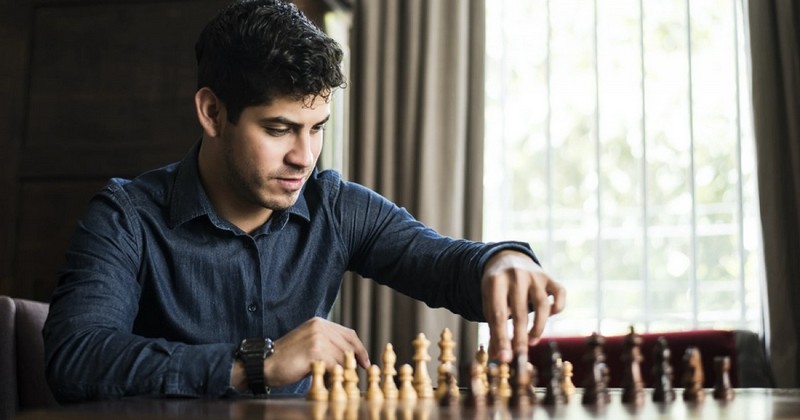The benefits of play, also in pandemic

A reflection on the importance of play and leisure at all ages.
Our nervous system needs rest. We live in a context of uncertainty and overexertion. In pandemic, our routine has been altered; the boundaries between work/study and leisure have become blurred..
As a result, our brain has been on constant alert for months. It is urgent that we re-prioritize play in our lives.
It is vital that we can order priorities and recognize that life cannot be all about obligations and worries.. Nor is it all about doing and thinking for a productive (economic) purpose. Leisure is vital for our brain and our organism to stay healthy.
The importance of play in the context of the pandemic.
To play is to create, to express oneself, to share, to imagine, to learn. We know that play is important for the development of the baby, the child, the adolescent. But we tend to neglect its importance in youth, maturity and old age.
The baby, the child and the adolescent express themselves mainly through play.. The baby plays first through his mouth, and then incorporates the other senses, becoming more and more independent. Little by little, we learn cognitive skills, but also social skills. We learn to tolerate waiting, to get frustrated, to share, to manage anger, to win and to lose.
As we grow up, play becomes more and more social and regulated.as are board games and sports. However, play does not lose its sense of creation and communication with others.
Today's society is tending to limit play to a screen. Even more so in a pandemic. It is increasingly worrying to see how families associate gaming with cell phones, consoles and tablets. Technology is part of modern life, however, it is impossible for it to replace traditional play.
For a harmonious development, the child needs to get dirty, run, climb, ride a bike, play ball, climb, climb, climb, climb, climb, climb, climb, climb and climb.To develop harmoniously, the child needs to get dirty, run, climb, ride a bike, play ball, climb in a hammock, play house, draw, tell made-up stories, dress up, ride a kite, look at the stars, explore bugs and plants, read stories with mom/dad, play tag, create clay dough, play with pets, paint, play board games, play an instrument, dance and sing.
The adolescent, on the other hand, enjoys some of the games of the previous stages, favoring activities with peer groups.. To this end, they incorporate regular sports practice or some artistic activity, such as dancing and music. He also enjoys solitary hobbies (self-knowledge), such as writing.
Leisure in adulthood
When we become adults is when obligations and worries take up almost all our time, and we forget to dedicate enough time to enjoyment, to leisure.. That is why we have to make an effort to incorporate play into our weekly agenda. In this vital stage, hobbies that do not involve a screen are essential. Precisely when it is essential to keep body and mind active, both in the company of others and in solitude.
Although the previous forms of play are options for adults, there is a preference for the recreational practice of other modalities.We can also engage in other activities such as: regular physical activity, participation in a literary workshop, sharing time outdoors with children or grandchildren, spending time painting mandalas, doing crossword puzzles and board games, reading stories to others, hiking, getting involved in solidarity activities, doing manual projects such as: fixing things, participating in a choir, gardening and vegetable garden, knitting, etc.
Playing connects us with others. We allow ourselves to "waste time" and become children again. We let go of worries, express ourselves, create, laugh and live in the present. What are you waiting for? I suggest you stop reading this and "go out and play".
(Updated at Apr 13 / 2024)